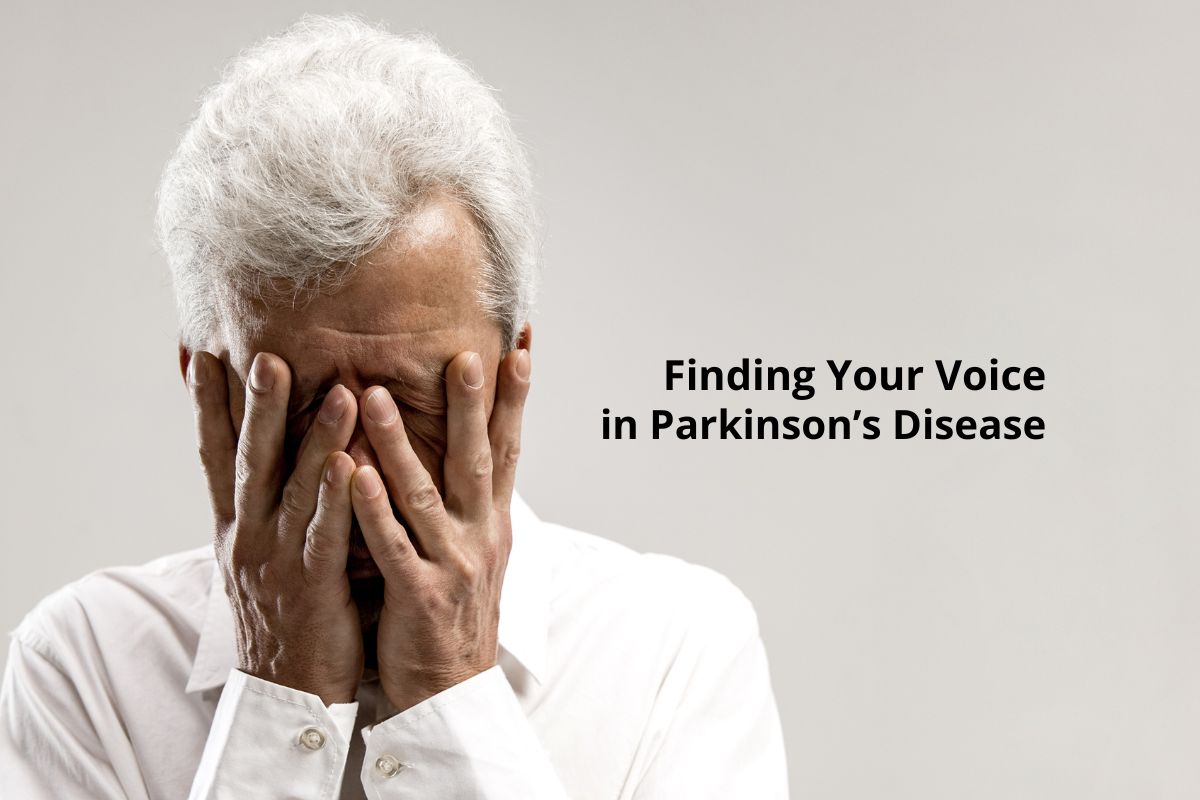Speech Problem in Parkinson’s Disease

Parkinson’s disease (PD) is a progressive neurological disorder that affects movement. While many people are familiar with its hallmark symptoms, such as tremors and stiffness, fewer realize that Parkinson’s can also significantly impact speech. Speech problems can be frustrating and isolating, but understanding their causes and management strategies can help improve communication and quality of life for those affected.
How Parkinson’s Disease Affects Speech
Speech problems in Parkinson’s disease, collectively known as Parkinson’s disease dysarthria, arise from the same underlying neurological disruptions that cause motor symptoms. Key speech-related challenges include:
- Hypophonia (Soft Voice): Reduced vocal volume, making it hard to be heard.
- Monotone: A lack of variation in pitch, leading to a flat-sounding voice.
- Imprecise Articulation: Slurred or unclear speech due to reduced control over the muscles involved in speech production.
- Rate of Speech: Either rapid speech that is difficult to understand or abnormally slow speech.
- Voice Tremor: A quivering or shaky voice.
The Impact of Speech Problems
Communication is a fundamental part of daily life, and difficulties in speech can lead to misunderstandings, frustration, and social isolation. Patients may feel self-conscious or avoid conversations, impacting their emotional well-being and relationships.
View this post on Instagram
Managing Speech Problems in Parkinson’s Disease
While speech problems can be challenging, several strategies and therapies can help:
- Speech Therapy: Working with a speech-language pathologist (SLP) can provide targeted exercises to strengthen vocal muscles and improve clarity and volume.
- Lee Silverman Voice Treatment (LSVT LOUD®): This intensive program specifically designed for Parkinson’s patients focuses on increasing vocal loudness and improving speech clarity.
- Assistive Devices: Amplification devices or speech-generating devices can aid communication, especially in more advanced stages.
- Voice Exercises: Regular practice of breathing techniques, pitch variation, and articulation exercises can help maintain and improve vocal function.
- Medication Adjustments: In some cases, adjusting Parkinson’s medication can improve overall motor function, including speech.
- Alternative Communication Strategies: Learning to use gestures, facial expressions, and writing can supplement verbal communication.
Tips for Effective Communication
For patients:
- Speak slowly and deliberately.
- Pause frequently to take deep breaths.
- Face your listener and maintain eye contact.
- Use short phrases and repeat key points if necessary.
For caregivers and loved ones:
- Reduce background noise to create a quiet environment.
- Be patient and allow extra time for conversation.
- Encourage the use of gestures or writing if speech is unclear.
- Avoid finishing sentences or speaking for the person with Parkinson’s.
Conclusion
Speech problems in Parkinson’s disease can be challenging, but with the right strategies and support, individuals can maintain effective communication and a better quality of life. If you or a loved one is experiencing speech difficulties related to Parkinson’s, consult with a healthcare provider or speech-language pathologist for personalized guidance and treatment options.
For more information on managing speech problems in Parkinson’s disease and other neurological conditions, get in touch with Renowned Dr. Jaslovleen Sidhu at Neuro Clinics, Mohali and do follow our social media channels and stay updated with our latest educational videos and blog posts. Together, we can find your voice and improve communication one step at a time.


